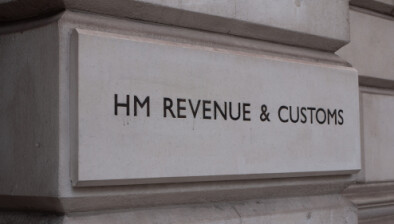Wylie & Bisset: Eamonn Holmes - a stark reminder to contractors to prepare for IR35 tax legislation change
Reports that Eamonn Holmes could be faced with a £250,000 tax bill after he lost a tax case against HM Revenue & Customs has prompted Wylie & Bisset to issue a reminder to contractors and businesses to prepare for the forthcoming IR35 tax legislation changes aimed at tightening existing rules.

Catherine McManus, Wylie & Bisset tax partner
Mr Holmes, who co-hosts ITV’s This Morning with his wife Ruth Langsford, had argued that he was paid as a freelancer and remunerated through his personal broadcasting company Red White and Green Limited from which he could effectively control tax payable by himself.
However, Judge Harriet Morgan ruled that there were sufficient grounds for treating the relationship between Mr Holmes and ITV as that of employment, resulting in payments to him becoming liable to PAYE/NIC, increasing his tax bill significantly.
While this decision falls under the remit of existing IR35 rules, Wylie & Bisset says that it is worth noting that, from April 2020, every medium and large private sector business in the UK will become responsible for setting the tax status of any contract worker they use. This is, in effect, a tightening of the existing rules and follows on from the reforms in the Public Sector in 2017.
Catherine McManus, Wylie & Bisset tax partner, said: “Post-April 2020, many private sector employers will be held responsible for determining whether IR35 applies to any contractor they hire – which would require them to treat the contractor as an employee for tax purposes – as is already the case in the public sector.
“Private sector businesses will therefore be forced to decide whether or not to continue to treat contractors they work with as self-employed and risk a hefty fine if HMRC takes a different view, or to treat them as employees, with all the additional costs and responsibilities this involves.
“This could lead to some challenging interactions between businesses and contractors and could see contractors being pushed out of their current market and forced into employed roles.”
McManus suggests that, by taking the appropriate steps, both contractors and businesses can ensure that they do not fall foul of IR35 and urges those likely to be affected to speak to their advisors urgently.










